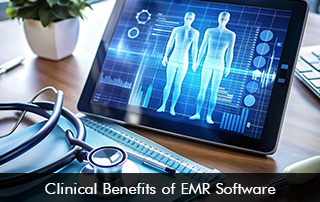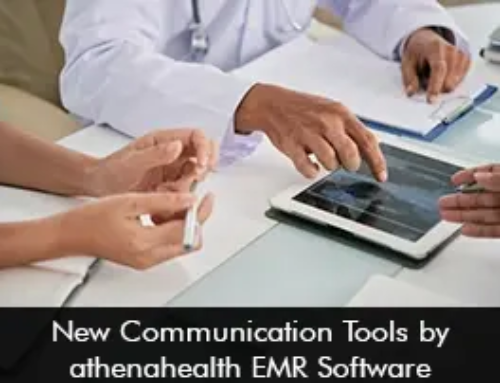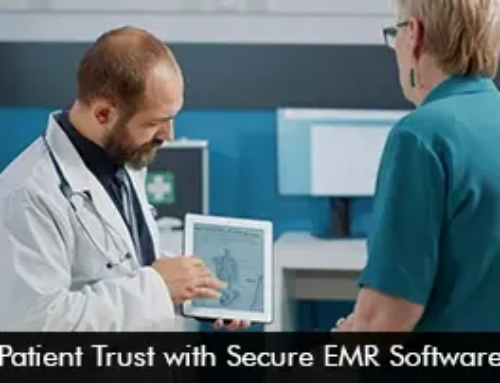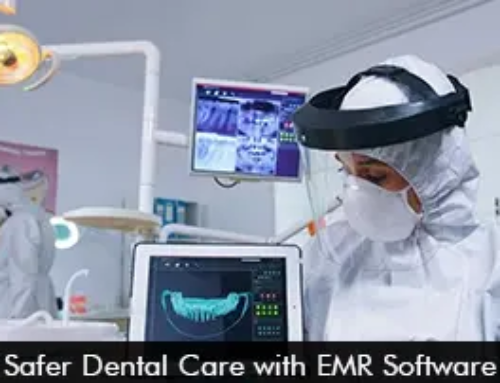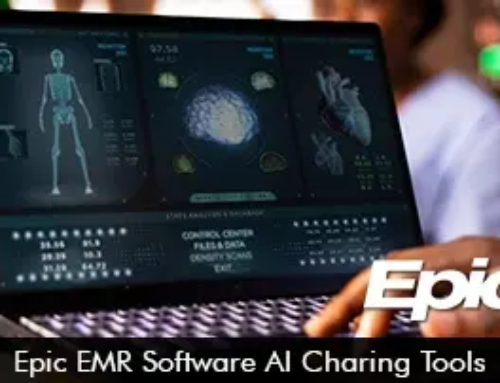Electronic Medical Records (EMR) Software has been utilized greatly for modern healthcare delivery in clinical settings. Nurses, practitioners, healthcare providers, and hospital staff members have all realized that the robust solution empowers them to improve patient services and care.
Clinical Tools in EHR Software
EMR software comes with a range of clinical features intended to improve patient care, increase productivity, and assist medical professionals in making decisions. Among the most crucial clinical instruments provided in EHR systems are the following:
- Clinical Decision Support Tools – These include drug interaction alerts, clinical reminders for screenings and vaccinations, and care protocols.
- Electronic Prescriptions – Streamlined and automates the prescription process and helps track patient medications.
- Lab and Imaging Integrations – These features in the Electronic Medical Records Software facilitate seamless order entry and results management.
- Patient Charts and Documentation – Customizable templates, progress notes, and voice recognition solutions enable swift documentation.
- Telemedicine Software Integration – Supports virtual consultations and increases care access.
- Clinical Analytics and Reporting – This functionality in the EHR Software System empowers providers to identify trends and also help with population health management.
- Clinical Documentation Improvement Tools – Provides real-time documentation guidance and coding assistance.
Key Clinical Benefits of Using EMR Software
Improved Patient Care and Safety
One of the most obvious advantages of Electronic Health Records (EHR) Software is that it helps to enhance patient care. With EMR systems providers have immediate access to real-time and accurate patient data and medical histories which help them make the right care and treatment decisions. The availability of comprehensive patient records can avoid many errors and hence improve patient safety levels and boost outcomes.
Better Care Coordination
It is possible to integrate EHR software into many healthcare environments. This facilitates the easy exchange of patient data between primary care physicians, specialists, and other medical professionals facilitating care coordination. Secure messaging capabilities in electronic medical records software also help healthcare providers communicate more effectively, which promotes more organized and efficient patient care.
Helps with Regulatory Requirements
Following EMR Software-related rules, such as the Meaningful Use criteria, can lower the chance of fines and qualify for financial rewards from government initiatives. Easier participation in Meaningful Use can promote healthcare quality and the efficient use of resources.
Increased Efficiency Levels
More time can be spent providing patient care when mundane processes like billing, arranging appointments, and refilling prescriptions are automated by electronic health records software. EHR Software Systems lessen the need for physical storage and paperwork by digitizing records, which lowers the possibility of lost or missing paperwork.


